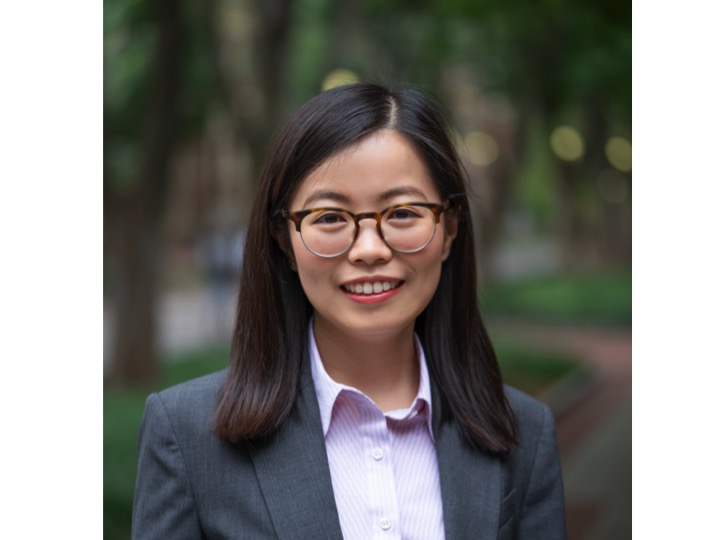Yiran Chen

A Structural Analysis of Job Referrals and Social Networks: The Case of the Corporate Executives Market
I develop and structurally implement a labor market search model in which workers, in addition to directly receiving job offers, also receive referrals from their social contacts. In the model, referrals are generated endogenously: an external referral occurs when a friend rejects an offer he/she receives, and an internal referral occurs when a friend leaves his/her current job. I estimate the model by Generalized Method of Moments using data on the labor market history and the social connections of executives in S&P 500 firms. Using the estimated model, I find that referrals play a substantial role in the executive labor market. More than one quarter of the job transitions and raises are driven by referrals. Shutting down referrals reduces executives' welfare by an equivalence of a two to seven percentage points reduction in income. I also evaluate the impacts of the structure of the social networks by comparing the outcomes under the observed networks and alternative randomly formed networks. I find that the welfare distribution is more unequal under the random networks. I further investigate the mechanisms for these effects through the lens of two network statistics: friends' popularity and local community clustering.
Inferring the Ideological Affiliations of Political Committees via Financial Contributions Networks (with Hanming Fang)
About two thirds of the political committees registered with the Federal Election Commission do not self-identify their party affiliations. In this paper, we propose and implement a novel Bayesian approach to infer the ideological affiliations of political committees based on the network of financial contributions among them. In Monte Carlo Simulations, we demonstrate that our estimation algorithm achieves very high accuracy in recovering their latent ideological affiliations when the pairwise difference in ideology groups’ connection patterns satisfy a condition known as the Chernoff-Hellinger divergence criterion. We illustrate our approach using the campaign finance records from the 2003-2004 election cycle. Using the posterior mode to categorize the ideological affiliations of the political committees, our estimates match the self-reported ideology for 94.63% of those committees who self-reported to be Democratic and 89.49% of those committees who self-reported to be Republican.
Instructor, University of Pennsylvania:
Introductory Microeconomics (Spring 2017)
Intermediate Microeconomics (Summer 2015)
Recitation Instructor and Teaching Assistant, University of Pennsylvania:
Intermediate Microeconomics
Recitation Instructor for Professor Rakesh Vohra (Fall 2014, 2016)
Recitation Instructor for Professor Aislinn Bohren (Fall 2013)
Introductory Macroeconomics
Recitation Instructor for Professor Luca Bossi (Spring 2016)
Graduate-Level Macroeconomic Theory
Teaching Assistant for Professor Jeremy Greenwood (Spring 2014, 2015)
Labor Economics, Public Economics, Empirical Microeconomics
Department of Economics
The Ronald O. Perelman Center for Political Science and Economics
133 South 36th Street
Suite 150
Philadelphia, PA 19104
Hanming Fang
Professor Hanming Fang (Advisor)
Department of Economics
University of Pennsylvania
133 South 36th Street, Office 605
Philadelphia, PA 19104
215-898-7767
hanming.fang@econ.upenn.edu
Professor Andrew Postlewaite
Department of Economics
University of Pennsylvania
133 South 36th Street, Office 515
Philadelphia, PA 19104
215-898-7350
apostlew@econ.upenn.edu
Professor Petra Todd
Department of Economics
University of Pennsylvania
133 South 36th Street, Office 606
Philadelphia, PA 19104
215-898-4084
ptodd@econ.upenn.edu